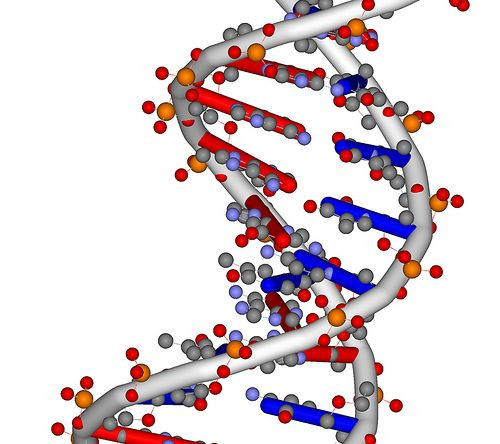Gene Variation May be Linked to Suicide

In a finding which may help doctors target a gene in preventing suicides, researchers confirmed that gene variations are linked to one of several factors affecting suicidal behavior.
Researchers found that among people with a psychiatric diagnosis, those with methionine – known as ‘met’ – variation of the gene had a higher risk of suicidal behavior compared to those with the valine variation.
The study was published Friday by the Canada-based Center for Addiction and Mental Health in the International Journal of Neurospsychopharmacology.
Suicides are one of the ten leading causes of death in the US.
Suicide is considered a major preventable health problem. There were 34,598 suicide deaths in 2007, the last year complete figures were available, according to U.S. Centers for Disease Control and Prevention.
Suicide is also the third leading cause of death for young people ages 15 to 24.
Previous studies have tied suicidal behavior to a gene called the Brain-Derived Neurotrophic Factor (BDNF). The gene BDNF is involved in the development of the nervous system; it may also play a role in the regulation of stress response and in the biology of mood disorders.
"Our findings may lead to the testing and development of treatments that target this gene in order to help prevent suicide," said Dr. James Kennedy, director of CAMH's Neuroscience Research Department.
Researchers compared the genetic makeup of people who had attempted or completed suicide with those who were non-suicidal.
The low-functioning variation of the BDNF gene is known as the methionine, or “met” variation.
That BDNF ‘met’ variation was associated with an increase in risk factors for suicidal behavior.
"It may also be possible to develop a compound that increase BDNF functioning,” Kennedy said.
“In the future, if other researchers can replicate and extend our findings, then genetic testing may be possible to help identify people at increased risk for suicide,” he added.
Ninety percent of people who have died by suicide had at least one mental health disorder, including schizophrenia, depression, bipolar disorder or general mood disorders.



























